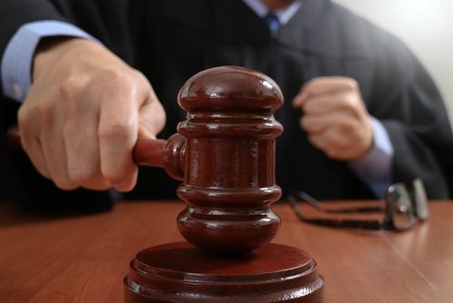The adage, “you do the crime, you do the time,” is not always necessarily true. In fact, despite the evidence being sufficient to convict you for the crime, your charge can be dismissed with a deferred finding! Read on to learn more about the intricacies of this state law.
Explanation of a Deferred Finding
In a typical court case, the defense will do everything in its power to cast doubt on the guilt of the defendant; however, in some scenarios, the evidence has the charged “dead to rights.” Depending on the surrounding circumstances of the case, someone who has little hope of being found innocent of a crime can lean on Virginia’s deferred finding law.
A deferred finding is usually where someone who is charged with a crime takes responsibility for their actions and stipulates that the facts are sufficient for a finding of guilt, but requests that the court finds them not guilty. A competent attorney will present a case of mitigation to the court and request that the court find their client not guilty despite the evidence being "conviction worthy". At this point, the court will take a hiatus from the case and put the charged on a deferred finding probationary period. During this time, the charged must finish various tasks to fulfill the deferred finding process. The court usually requires the charged person to complete community service, go through anger management classes or drug treatment, etc…depending on the charge. If the defendant does the things required by the court, upon returning to the case, the court will dismiss the charge.
Who is Eligible for a Deferred Finding?
In adult cases, Virginia statutes mandate by law that only certain crimes are eligible for deferred findings. However, most judges will listen to a solid argument from a competent attorney about why the person charged deserves a deferred finding. There is an art to making these arguments, which means the charged must choose an attorney who is familiar with the process. Thanks to my 15 years of law enforcement service, I have experienced both sides of the law, and know the process inside and out.
In Juvenile cases, Virginia Law grants judges more discretion in deferring a charge for dismissal, even for more serious crimes. However, deferred findings are never a guarantee, and you must hire an attorney who is intimately familiar with the Juvenile Court System to have the best chance at receiving a deferred finding.
If you need experienced representation, you want JRLaw. Call 757-379-8510 to set up a free consultation!

